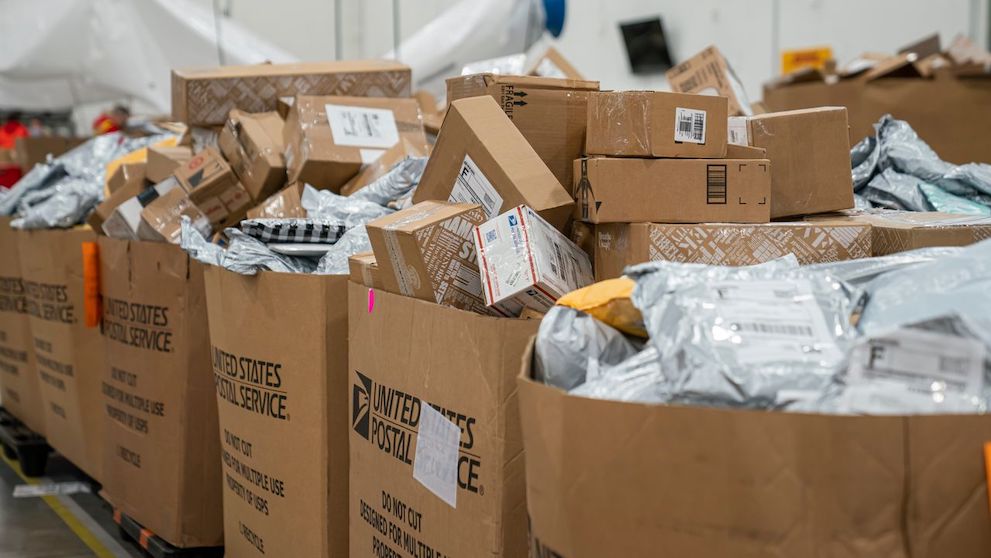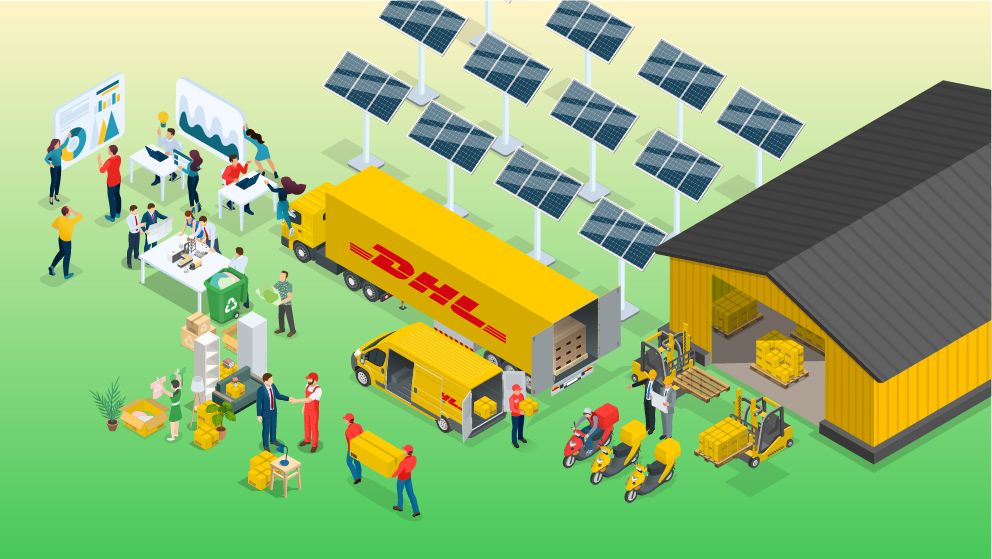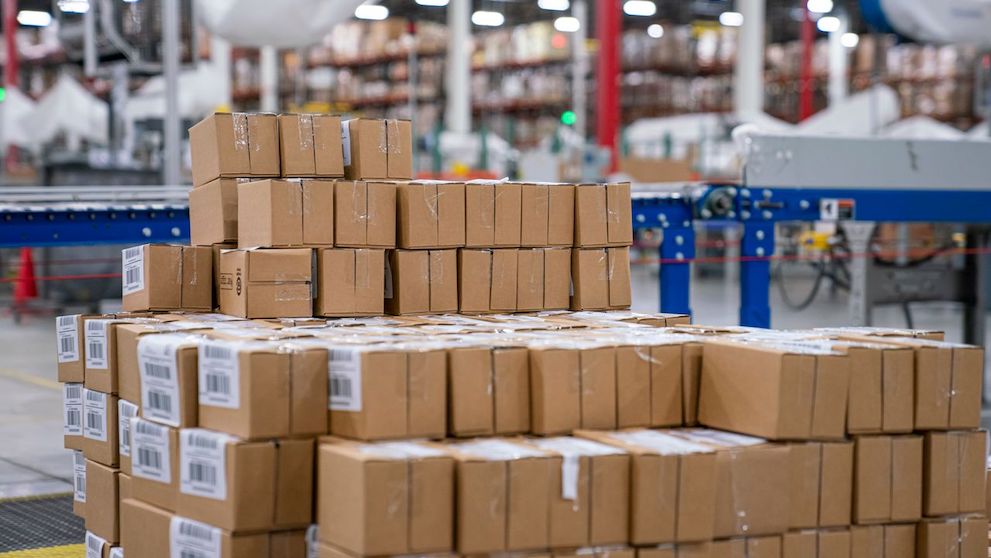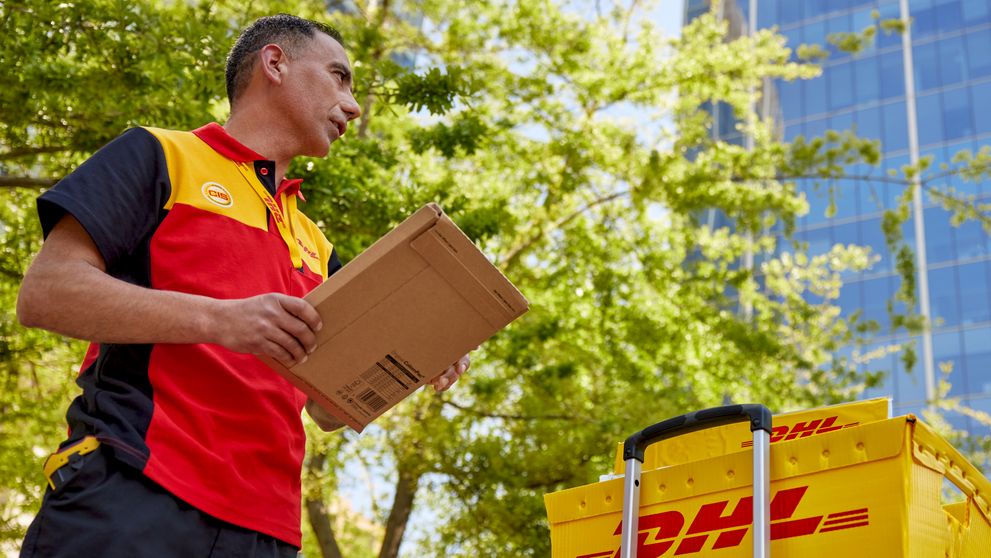
Top 3 ways to adopt business sustainability practices
When it comes to running a successful business, there are many factors to consider. From production costs to marketing strategies, every decision can have a significant impact on the bottom line. However, in recent years, sustainability has become vital to businesses, and for good reason. With a growing focus on environmental and social responsibility, sustainable business practices are no longer optional – they’re essential. But what exactly is a sustainable business?
Sustainable businesses are those that meet the needs of the present while also preserving resources for future generations. This would mean finding ways to operate without depleting finite resources or damaging the environment.
How does sustainability add value to a business?
While sustainability is good for the planet, businesses can also benefit from a reputational standpoint. Consumers across all generations are now increasingly aware of the importance of sustainability, and many are willing to spend more for products and services from companies that operate sustainably, according to a report by First Insight. Baby boomers and Generation Z shoppers alike are interested to know that the businesses they support are doing their part to protect the environment. An article by GreenBiz reports that this trend is only likely to continue as Generation Z, who are more likely to change their lifestyle to be more environmentally friendly, enter their prime spending years. Given this, it is clear that businesses need to focus on sustainability if they want to stay competitive in the long haul.
This is particularly true for online businesses, as the packaging of goods accounts for 45% of greenhouse gas emissions from e-commerce, according to data by Statista. As the global e-commerce market is expected to reach US$8.1 trillion by 2026, with this rapid growth comes increased responsibility for businesses to adopt practices that will help protect the planet.
Especially as Malaysia aims to become a carbon-neutral nation by 2050, e-commerce businesses have to start taking steps towards increasing sustainability. This can, however, seem like a daunting task if you are running a small business. Fortunately, there are a number of initiatives that can help your e-commerce business operate in a more environmentally responsible way.
1. Sell environmentally-friendly products
For starters, opt for products that are made from sustainable materials. This includes materials like bamboo, wool, organic cotton, and recycled plastic. These are all environmentally friendly because they either come from renewable sources or can be easily recycled. A good example of this is Ozero Swimwear, an eco-friendly brand in Malaysia. Ozero Swimwear pieces are made from ECONYL®, a regenerated nylon fibre that's created from reclaimed old debris, fishing nets, industrial plastic and others.
Additionally, sustainable products often have a longer lifespan than their non-sustainable counterparts, which means your customers will be less likely to need to replace them. That being said, be sure to partner reputable manufacturers with sustainability certifications. For instance, the Global Organic Textile Standard (GOTS) is an internationally-recognised certification that verifies textiles have been produced according to strict environmental and social criteria. The standards cover every step of the manufacturing process, from the initial harvesting of raw materials to the final packaging of the finished product.
Apart from the GOTS, there are other sustainability certifications you may look out for, including the Forest Stewardship Council, Marine Stewardship Council and BlueSign. These can indicate that the manufacturer meets specific requirements to ensure sustainability, giving you the assurance that products are made using best practices for environmental responsibility.
2. Reduce customer returns
Did you know that 20% of products bought online are returned? There are a number of reasons why customers may choose to return an item, such as receiving the wrong size, getting a defective item, or simply changing their minds. However, every time a product is returned, it has to be repackaged and shipped back to the store or warehouse, incurring additional costs and creating unnecessary waste.
To reduce the number of returns you receive, make sure you have clear, concise product descriptions and include photos that show the item from all angles on your website. If you sell products that need to be sized, like clothing or shoes, consider providing a size guide on your product pages. You can also offer helpful tips on how to measure certain items. If customers are confident about what they are ordering, they're much less likely to return it.
Furthermore, policies that inhibit customers from making large orders can be implemented. For example, limiting the number of items that can be ordered at one time can encourage customers to purchase only what they need, which reduces the likelihood of them returning items. Alternatively, you may allow returns within a certain time frame or even remove free returns as an option altogether. Small discounts can also be made available for customers who choose to waive the return option. In the long run, these changes will not only contribute to sustainability and build customer trust but also improve your bottom line.
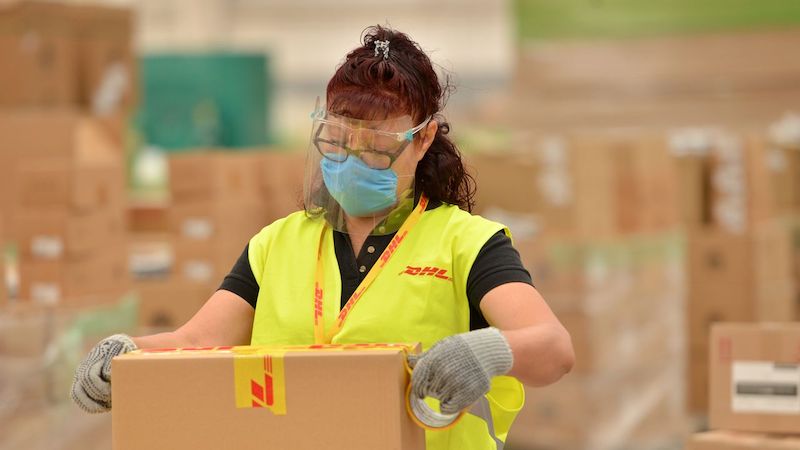
3. Switch to sustainable packaging
Finally, choose eco-friendly packaging materials when packing your products for shipping from Malaysia. Whether your e-commerce business sells health supplements or perfume and cosmetics, there are a variety of sustainable packaging materials available for your type of product. Biodegradable packaging peanuts, for instance, are made from cornstarch, wheat or other plant-based materials. They are reusable and compostable, which makes them a great cushioning alternative to styrofoam peanuts. Other popular choices include recycled paper and cardboard, compostable bags as well as mushroom packaging.
By adopting the above steps, you can work towards running a successful e-commerce business that will have a positive impact on the world for years to come.
